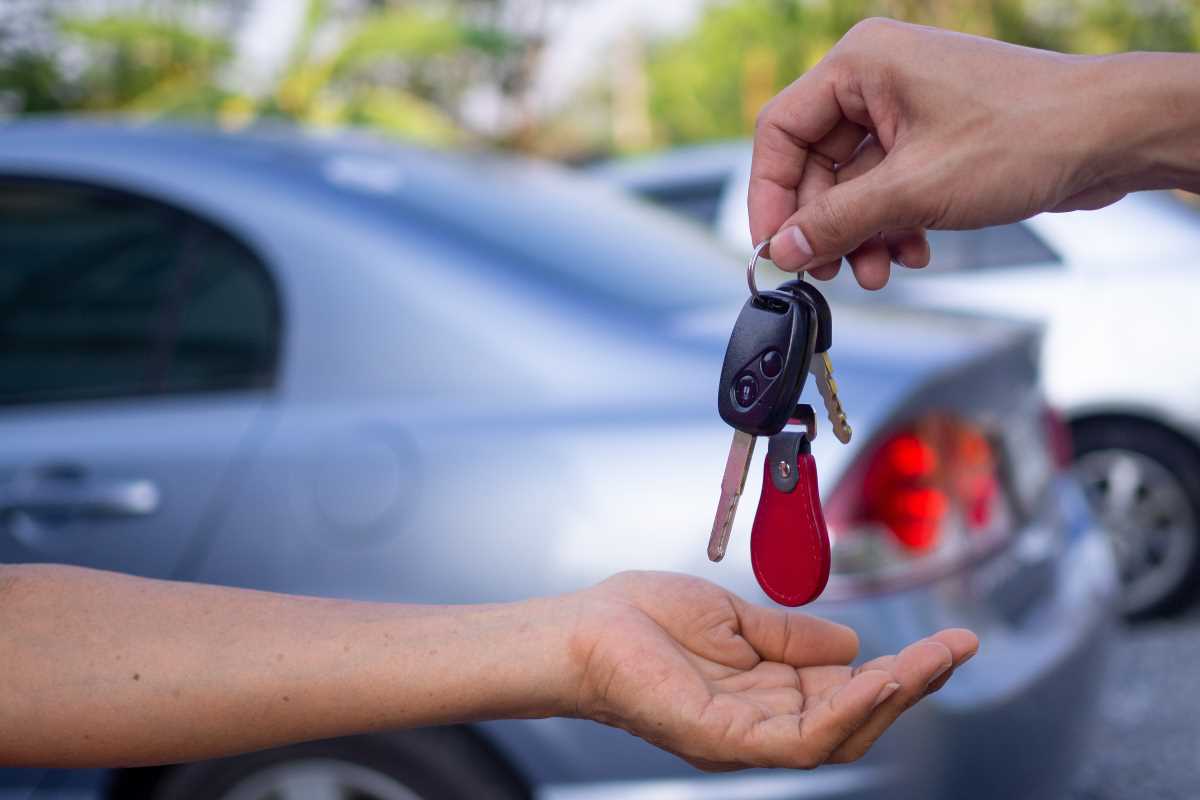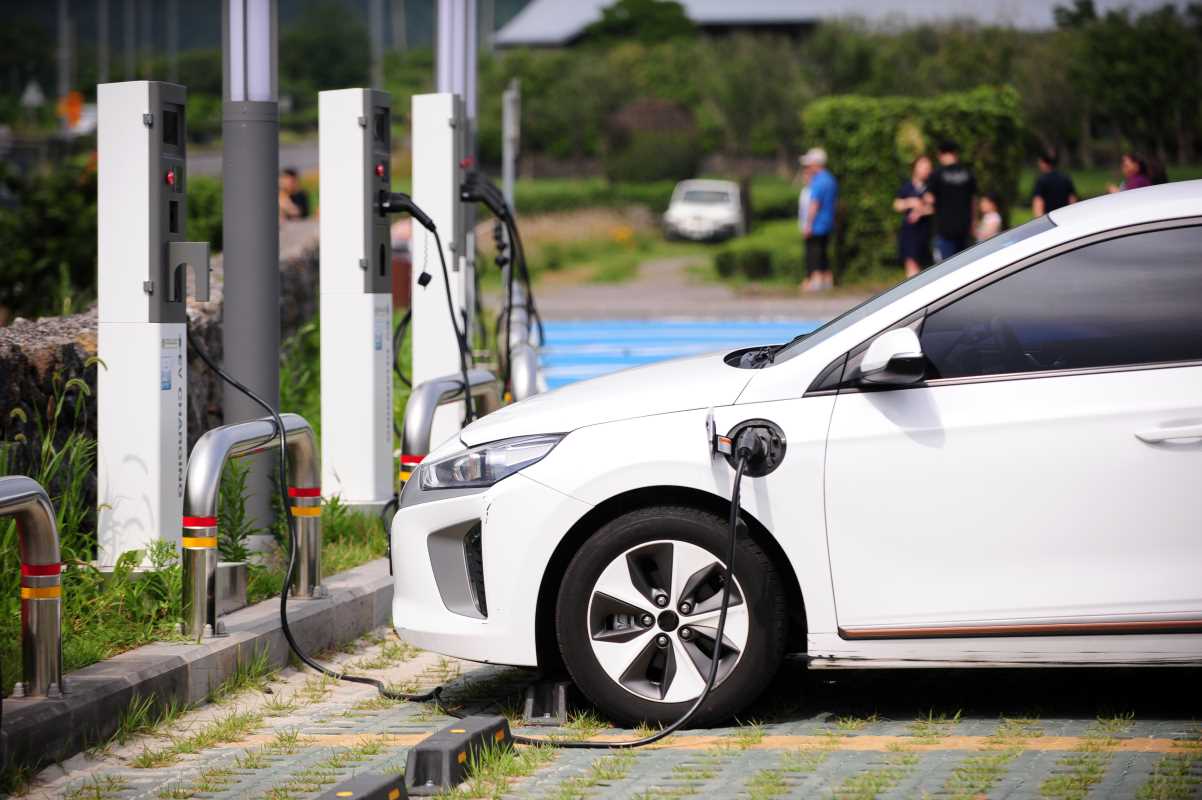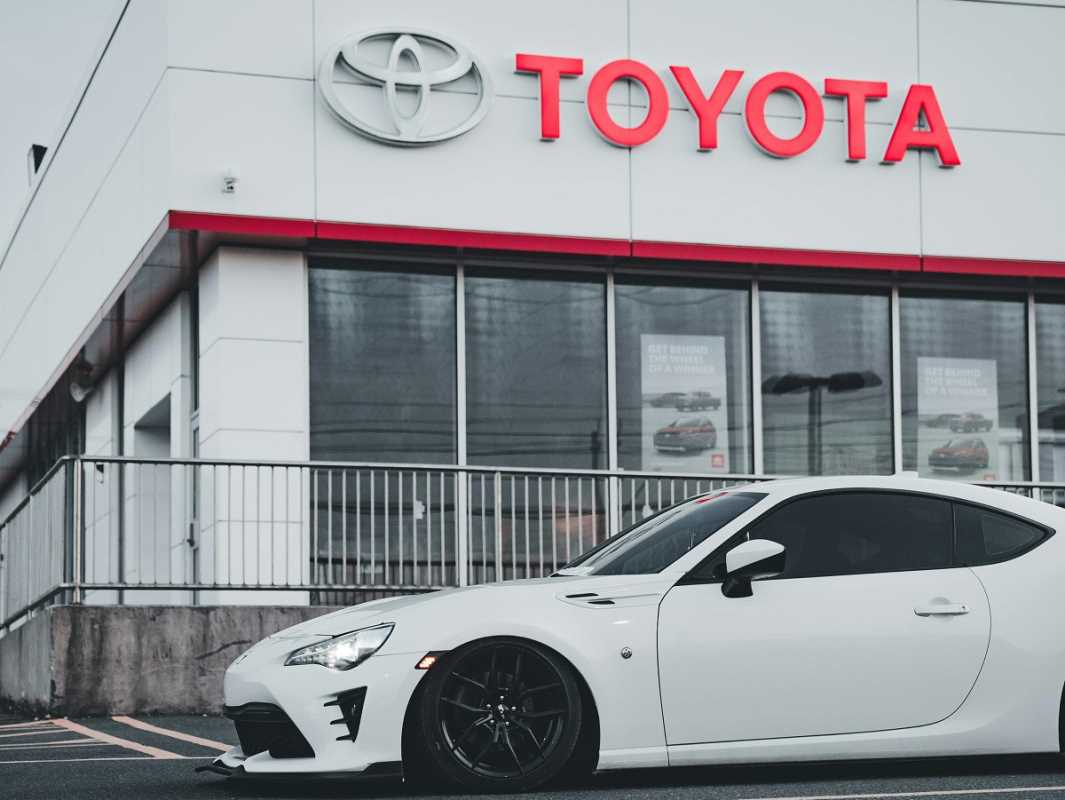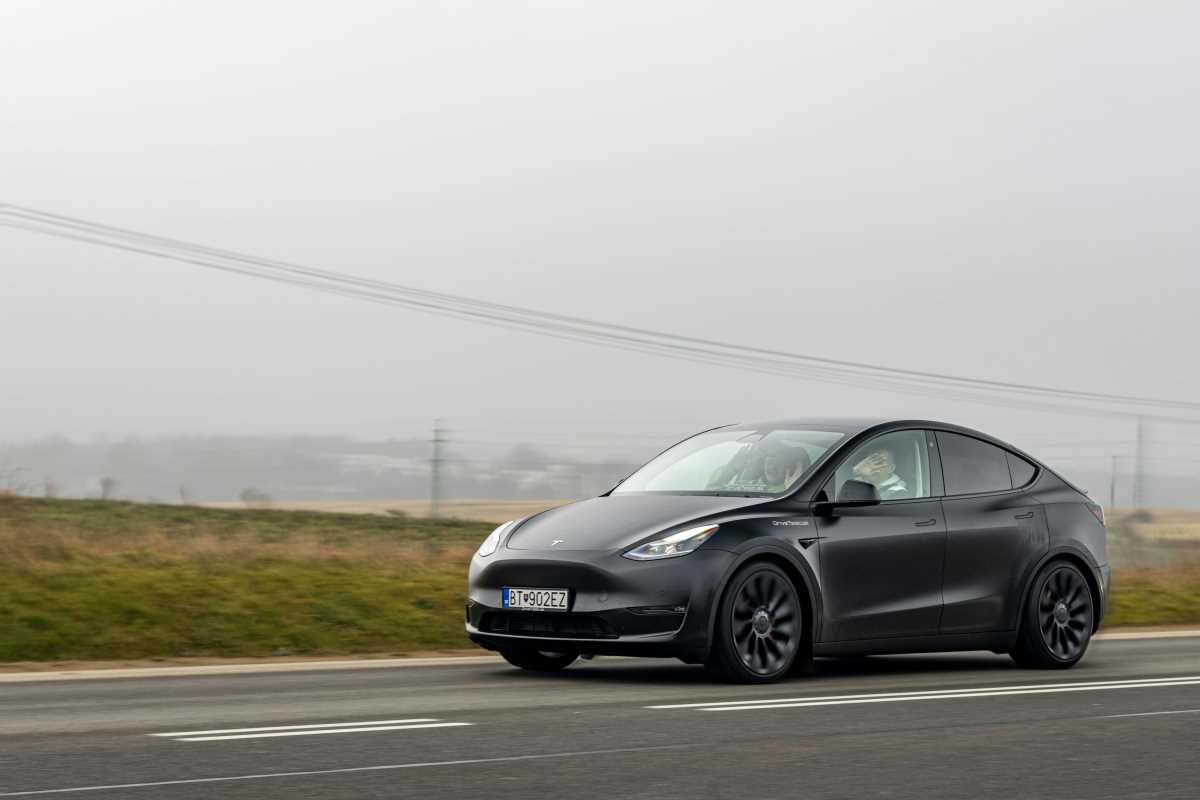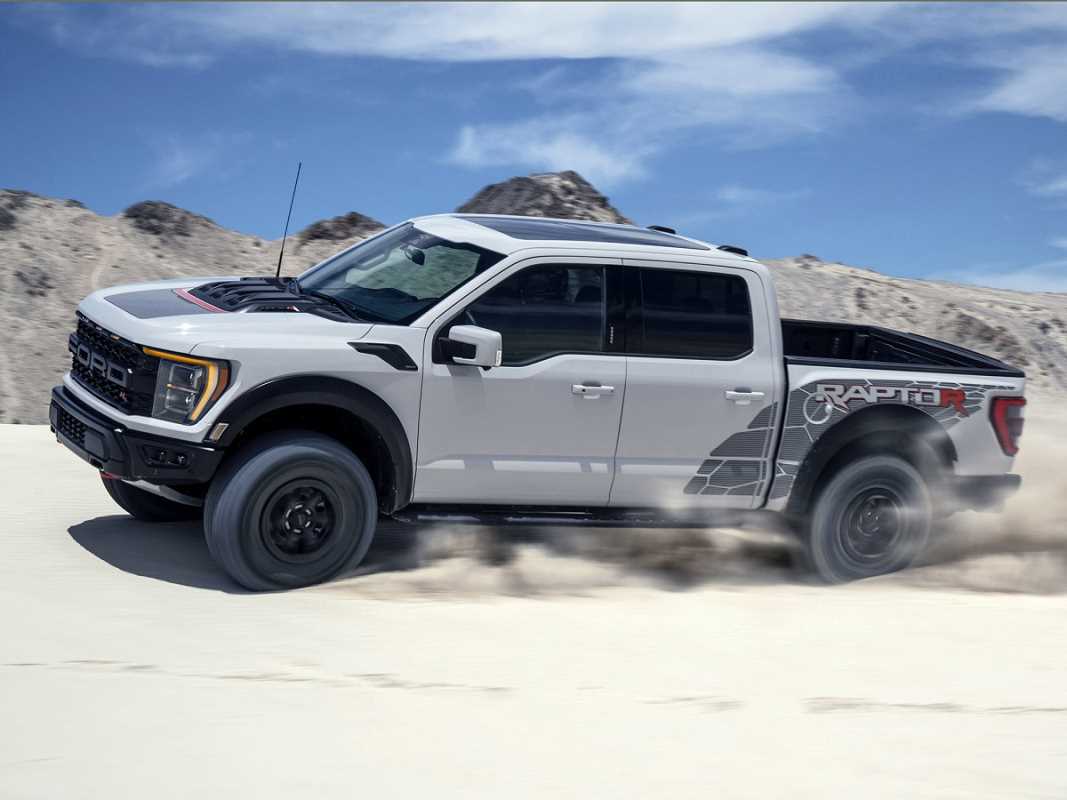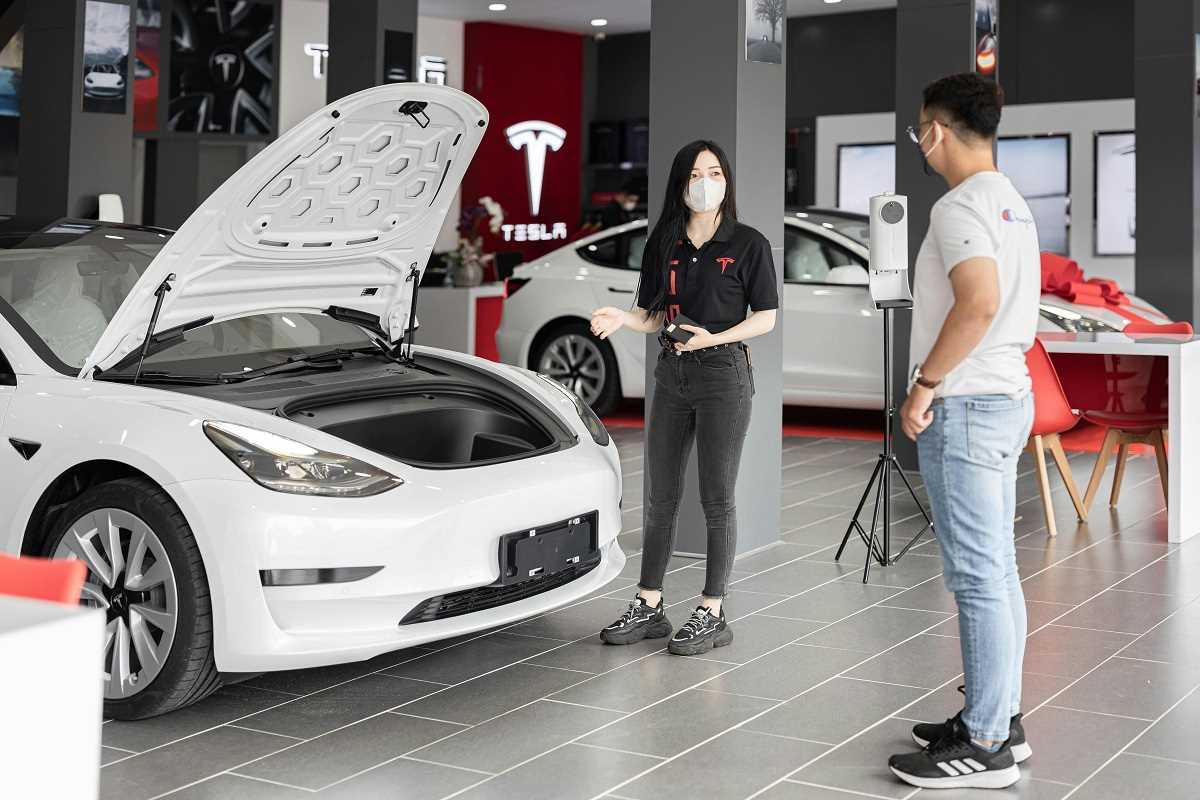When it comes to purchasing a car, one of the first decisions you’ll face is whether to buy new or used. Each option has its own advantages and drawbacks, and the right choice depends on your budget, priorities, and lifestyle. This FAQ guide breaks down the key factors to help you make an informed decision that works for you.
What Are the Main Pros and Cons of Buying a New Car?
Pros of Buying a New Car
- Latest Features and Technology
- New cars come equipped with state-of-the-art safety systems, infotainment tech, and fuel-efficient designs, offering cutting-edge convenience and peace of mind.
- Warranty Coverage
- Most new vehicles come with comprehensive warranties, typically covering bumper-to-bumper repairs for 3–5 years or longer. This means fewer unexpected expenses.
- Customization Options
- You can choose your desired color, trim, and features, making sure your car is exactly what you want.
- Reliability
- With zero wear-and-tear and no previous owners, new cars are less likely to encounter mechanical issues.
- Financing Promotions
- New cars often come with attractive financing deals, such as 0% APR or cash-back incentives.
Cons of Buying a New Car
- Higher Price
- New vehicles are more expensive upfront than used alternatives, and additional costs like dealership fees or taxes can add up.
- Rapid Depreciation
- A new car loses value quickly, with depreciation often reaching 20–30% in the first year.
- Insurance Costs
- Insurance premiums tend to be higher for new cars due to their higher replacement value.
Best for: Buyers with room in their budget who value the latest technology, reliability, and a worry-free ownership experience.
What Are the Benefits and Drawbacks of Buying a Used Car?
Pros of Buying a Used Car
- Lower Purchase Price
- Used cars are much cheaper than new models, often allowing buyers to get a higher trim level for less money.
- Slower Depreciation
- Since the previous owner has absorbed the bulk of the depreciation, used cars retain their value better over time.
- Lower Registration and Insurance Costs
- Fees and insurance premiums are often lower for used cars, saving you money overall.
- Wide Selection
- Buying used opens up a broader range of vehicles, including discontinued models or vintage options.
- Certified Pre-Owned (CPO) Options
- CPO cars are inspected, reconditioned, and come with warranties, combining the affordability of used with the reliability of new.
Cons of Buying a Used Car
- Potential for Repairs
- Used cars are more likely to require repairs due to prior wear and tear. Without a warranty, these costs can add up.
- Limited Customization
- You may not find a used car with your preferred color or specific features.
- Less Transparency
- The car’s history may not always be fully known, even with vehicle history reports.
- Higher Interest Rates for Loans
- Financing terms for used cars often carry higher interest rates compared to loans for new vehicles.
Best for: Budget-conscious buyers who want to maximize value and don’t mind compromising on custom options.
How Do Depreciation and Resale Value Differ Between New and Used Cars?
New Cars and Depreciation
- A new car can lose up to 30% of its value in the first year after purchase. After five years, many vehicles lose around 50% of their original value. This rapid decline can make new cars less favorable for buyers concerned about long-term value.
Used Cars and Resale Value
- Used cars depreciate at a slower rate since the steepest drop in value occurs in the first few years. For example, a three-year-old car may lose just 10–15% of its value annually. This makes used cars a smarter choice for buyers planning to sell or trade their vehicle within a few years.
Tip: Research depreciation rates for specific makes and models to find vehicles with strong resale value, whether you’re buying new or used.
What About Warranty and Maintenance Costs?
Warranties on New Cars
- New cars typically come with factory warranties covering most mechanical issues and routine maintenance for several years. This can save you money during the early years of ownership.
Warranties on Used Cars
- Many used cars, especially those purchased as Certified Pre-Owned (CPO), come with warranties from the manufacturer or dealer. However, non-CPO vehicles may have limited or no warranty, leaving buyers responsible for repair costs.
Maintenance Costs
- While new cars have lower maintenance costs initially, older used cars may require frequent repairs due to wear and tear. Buyers should factor in the potential expense of replacing tires, brakes, or a battery when purchasing used.
Tip: Always check whether the warranty on a used car is transferable and thoroughly inspect the vehicle’s condition to anticipate maintenance needs.
What Are the Differences in Financing and Insurance Costs?
Financing a New Car
- New cars often qualify for promotional financing rates, such as 0% APR loans or low-interest offers from manufacturers. However, longer loan terms can result in higher total costs due to compounding interest.
Financing a Used Car
- Used car financing tends to come with higher interest rates because lenders view used vehicles as riskier due to their lower value and potential for mechanical issues.
Insurance Costs
- New cars typically cost more to insure because of their higher replacement value, while used cars are less expensive to cover. However, factors like safety features and your driving history will also affect premiums.
Tip: Compare loan terms and insurance quotes for both new and used options before committing to either.
How Can I Decide Which Option is Right for Me?
Choose a New Car If...
- You want the latest technology, safety features, and peace of mind from a factory warranty.
- You plan to own the car for a long time, making the initial depreciation less impactful.
- You have flexibility in your budget to afford higher upfront costs.
Choose a Used Car If...
- You want to save money upfront and avoid the steep depreciation of a new vehicle.
- You don’t mind driving a car with some mileage or a previous owner.
- You’re looking for a good balance of value and reliability, especially through a CPO program.
Tip: Consider your budget, lifestyle, and long-term plans before making a decision. Tools like online price comparison platforms or financing calculators can help clarify your options.
